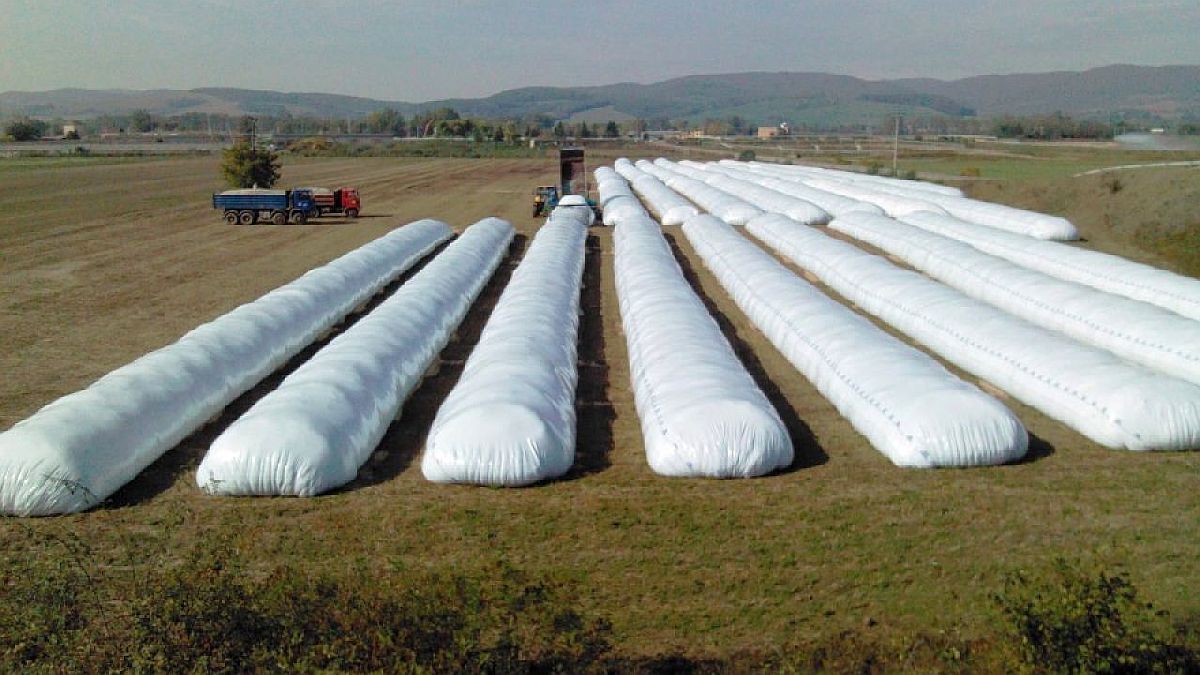Amidst currency tensions, the agricultural sector decided to wait. Luis Caputo is in charge of the relationship with the sector. The reasons that explain the delay in sales.
Amidst currency tensionsonce again the agricultural sector decided to wait. Entering the month of July There are still about US$13 billion from this campaign pending settlement According to estimates made by industry and market sources consulted by Ambit. Caputo takes control of the Ministry of Agriculturebut the prices and exchange rate are not convincing for now.
The content you want to access is exclusive for subscribers.
The parallel dollars continue their upward march and the gap with the official exchange rate is already around 60%. This implies, at all times and places, an incentive to anticipate imports and a disincentive to liquidate exports. Even more so when the Government itself anticipates an early release of the restrictions.


At the beginning of March, this media revealed that The agro-industry predicted a liquidation “in drops”a product of the expectations of exchange rate convergence, the drop in international prices, the rise in costs and an export dollar, which at that point they already expected would be “outdated.”
The result is a delay in the inflow of foreign currency, which clashes with the optimism that senior government officials were expressing at the beginning of the year. “In May and June we will be showered with dollars,” They said. But This May had the weakest liquidation in the last four years and June showed a 24% decline compared to the previous month.
The grains are there, but they are not sold. According to the consulting firm EcoPol Analytica, considering the Rosario Stock Exchange’s soybean production estimate of around 50 million tons, the progress of exports according to the Foreign Sales Declarations (DJVE) and discounting the domestic consumption of an average year, There are still US$13 billion left to export from the current campaign.
The industry supports these calculations, even taking into account the drop in international prices that soybeans have suffered in recent days. The arguments for keeping the silo bags full are the same as in March: exchange rate, international prices, costs and expectations of unification.
The government is trying to make changes in the area. After weakening its position by firing officials it trusted, it forced Fernando Vilella, now ex-secretary of bioeconomy, to resign. The Secretariat will be called Agriculture, Livestock and Fisheries again and will be occupied by Sergio Iraeta He is a lawyer and agricultural producer who is very close to the Secretary of Production Coordination Juan Pazo, the man that Caputo appointed to get the relationship with the sector back on track.
The agro-industry welcomed the news and hopes for rapprochement. However, the main question remains about the future of the restrictions. In radio statements, the Minister of Economy sent a message: “It is not good to set a release date because the actors will speculate based on that.”
Source: Ambito




